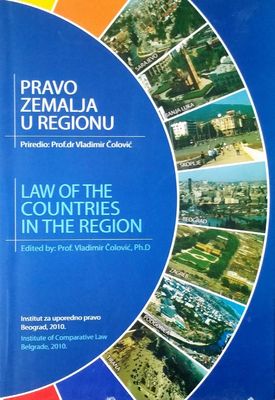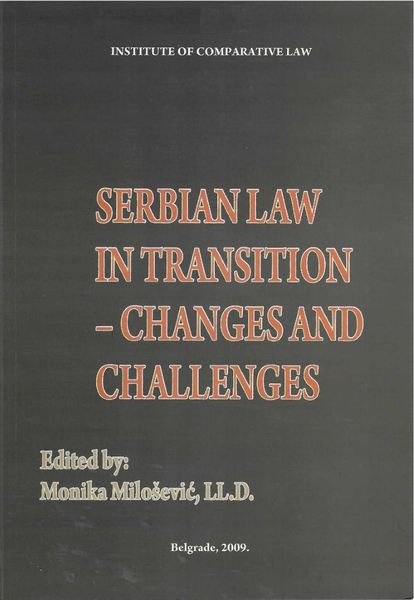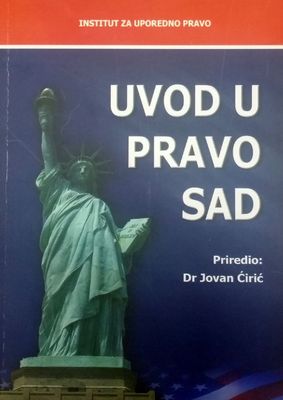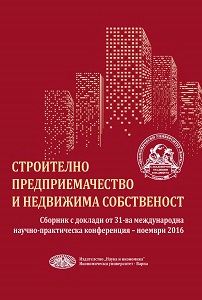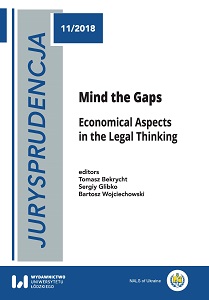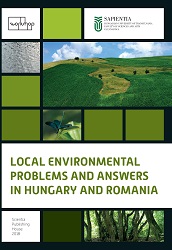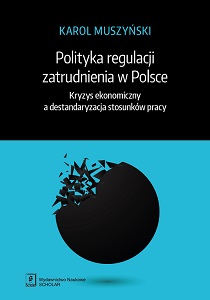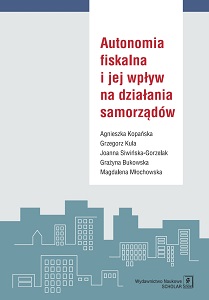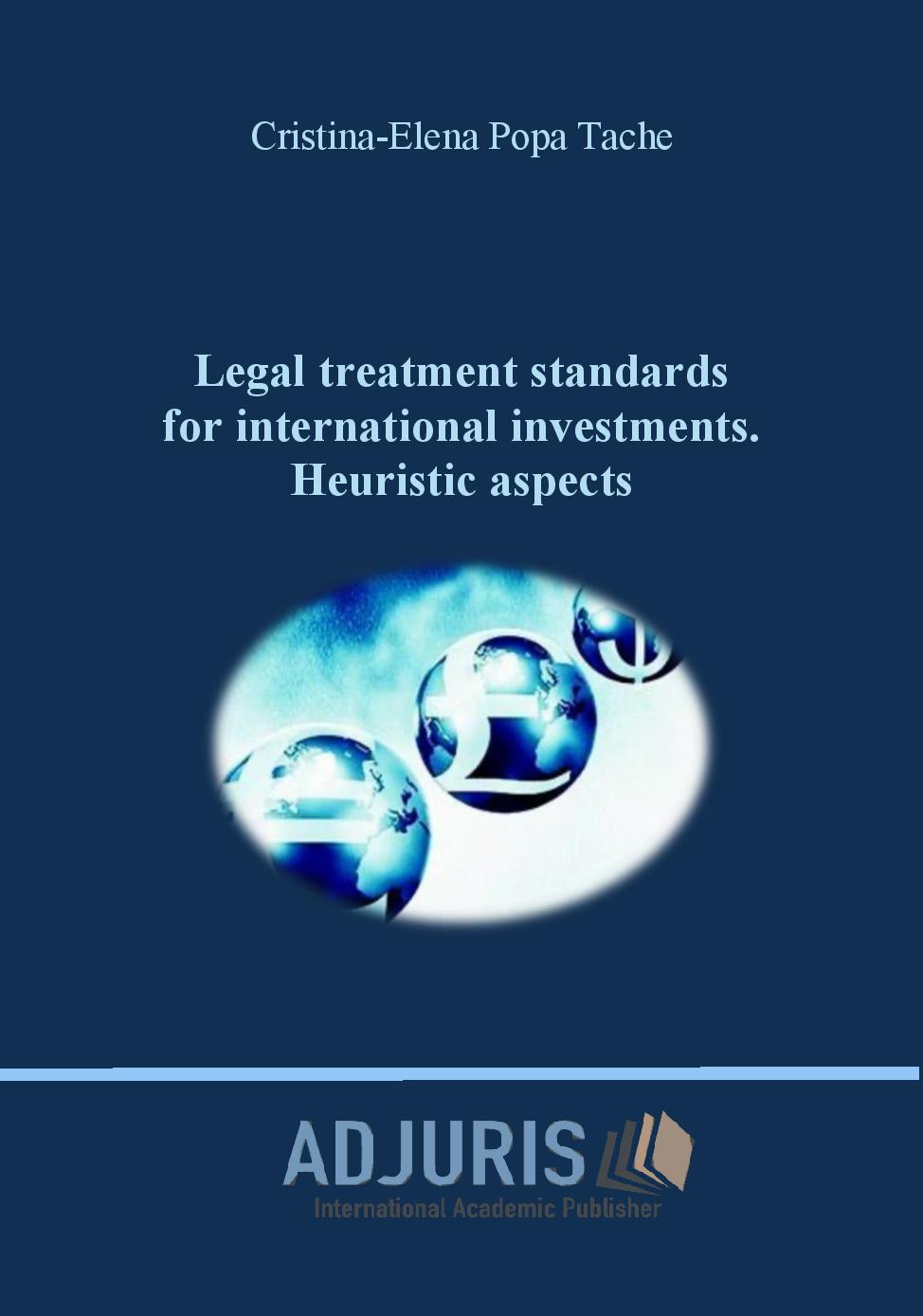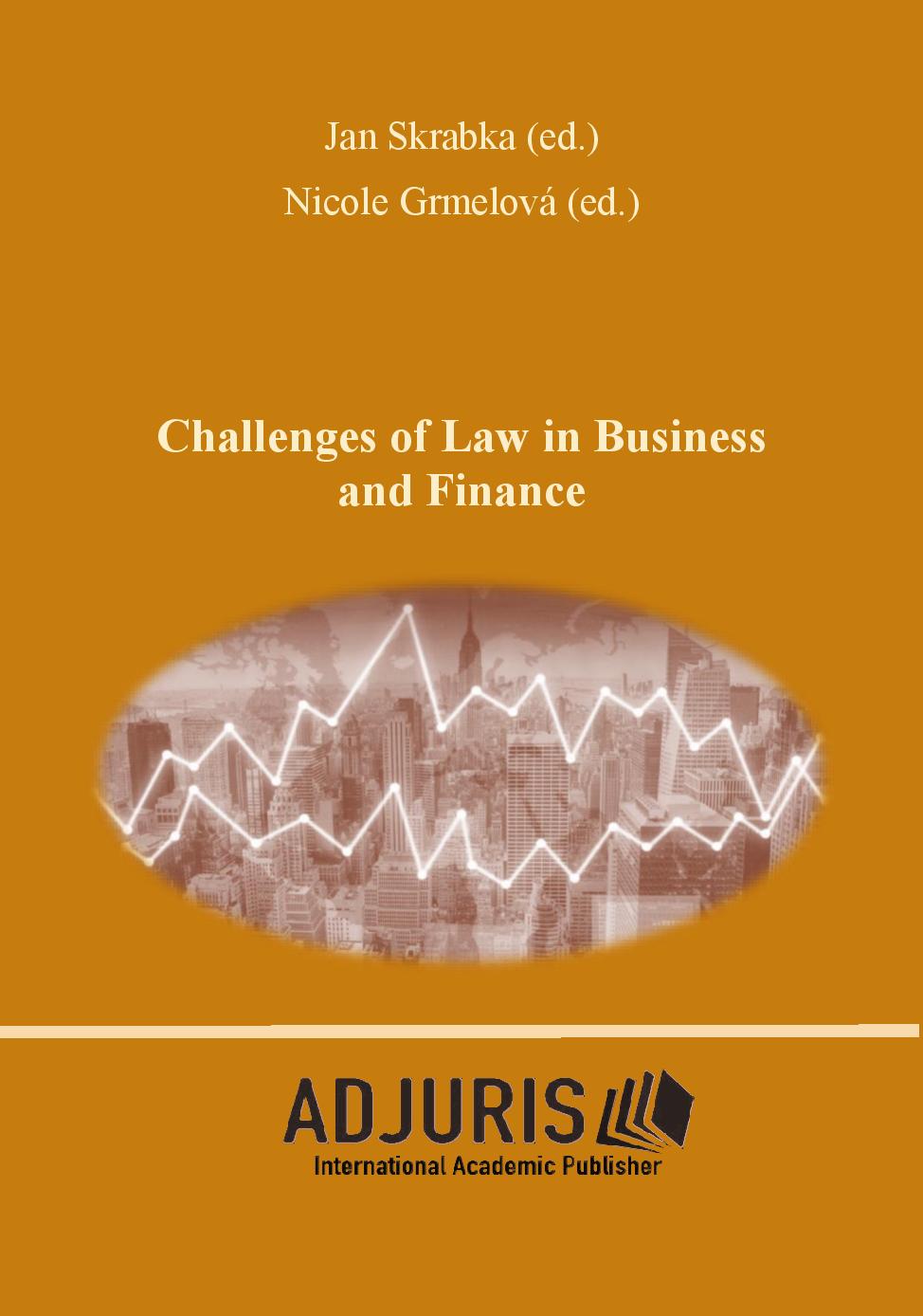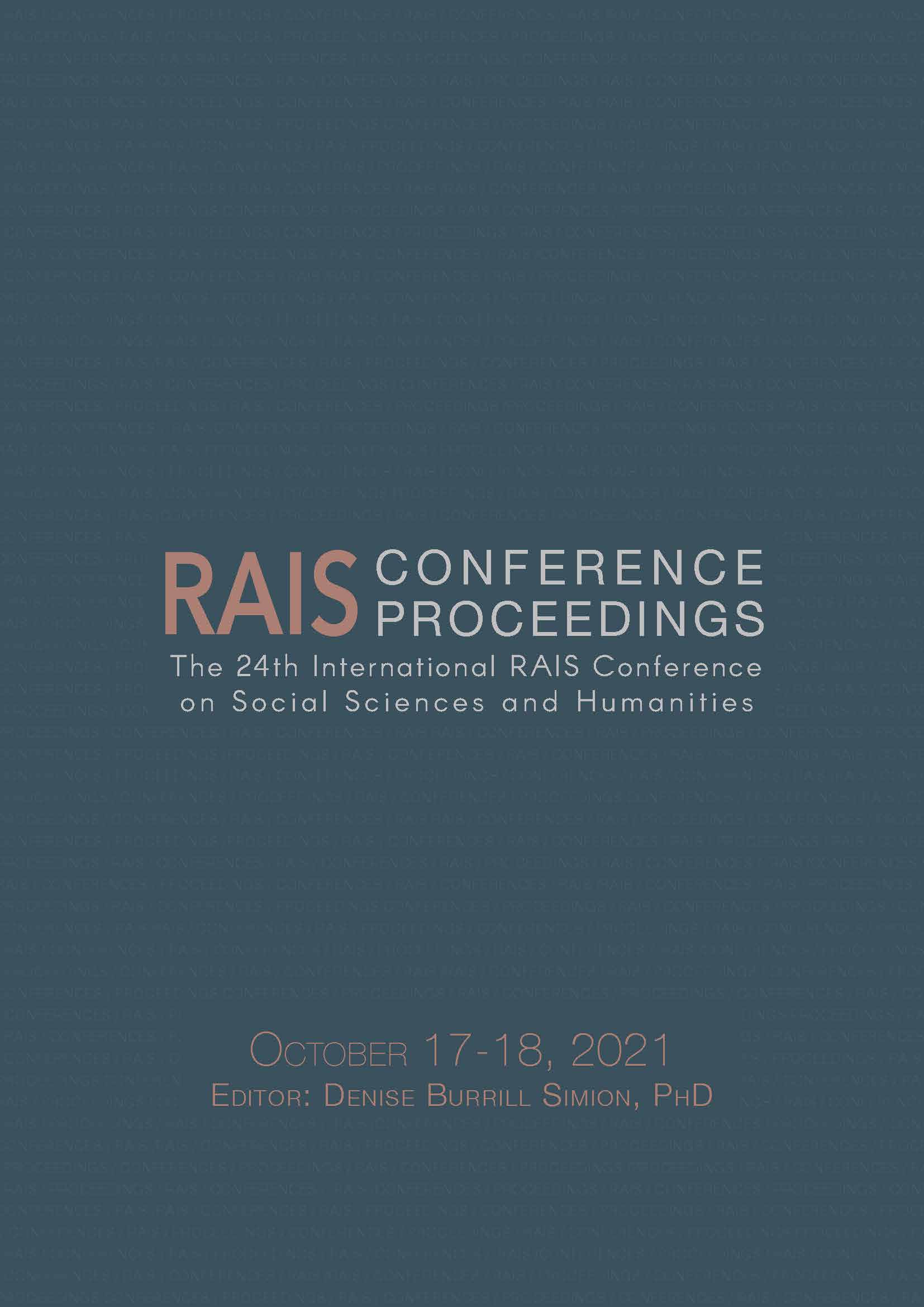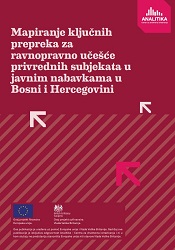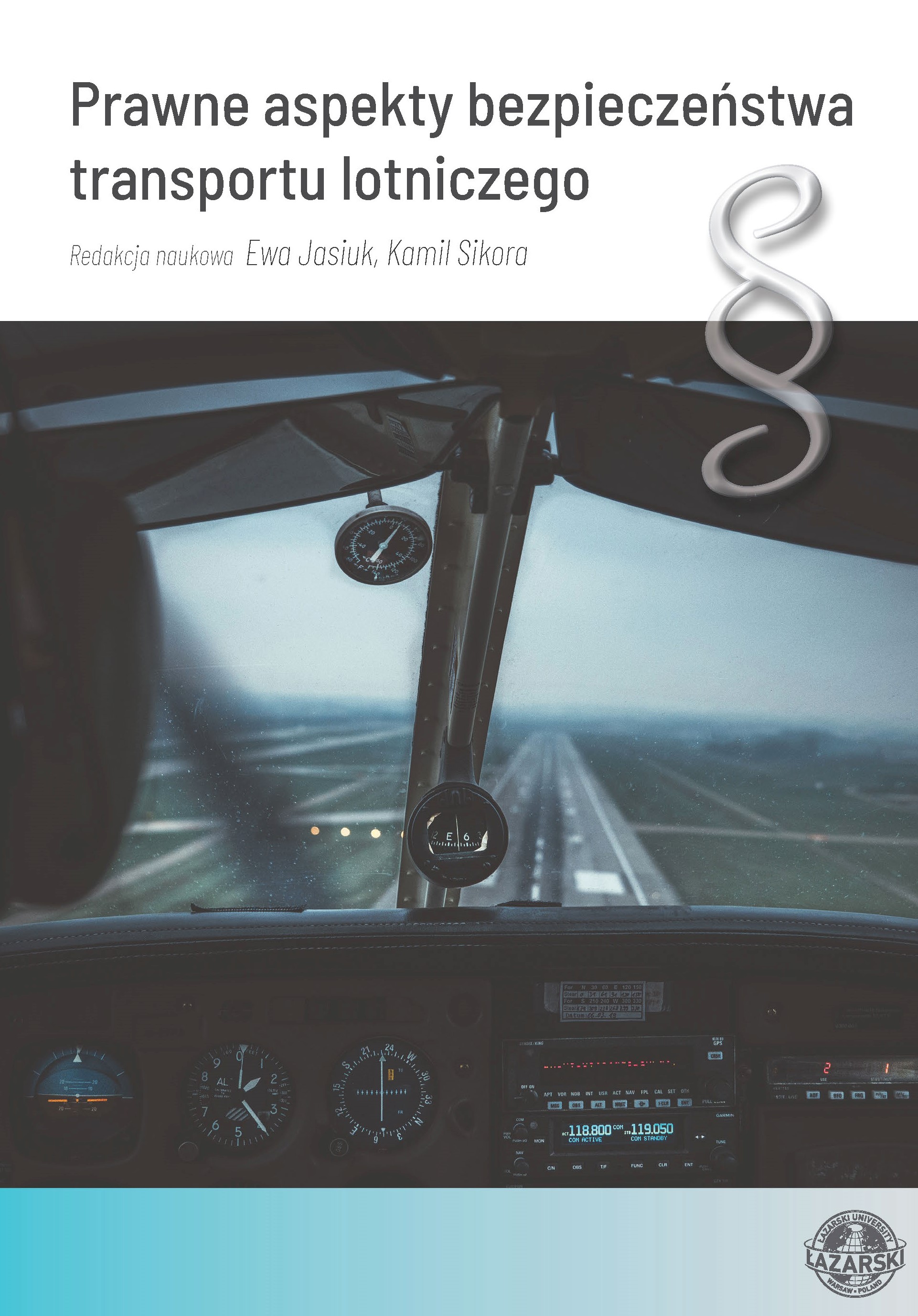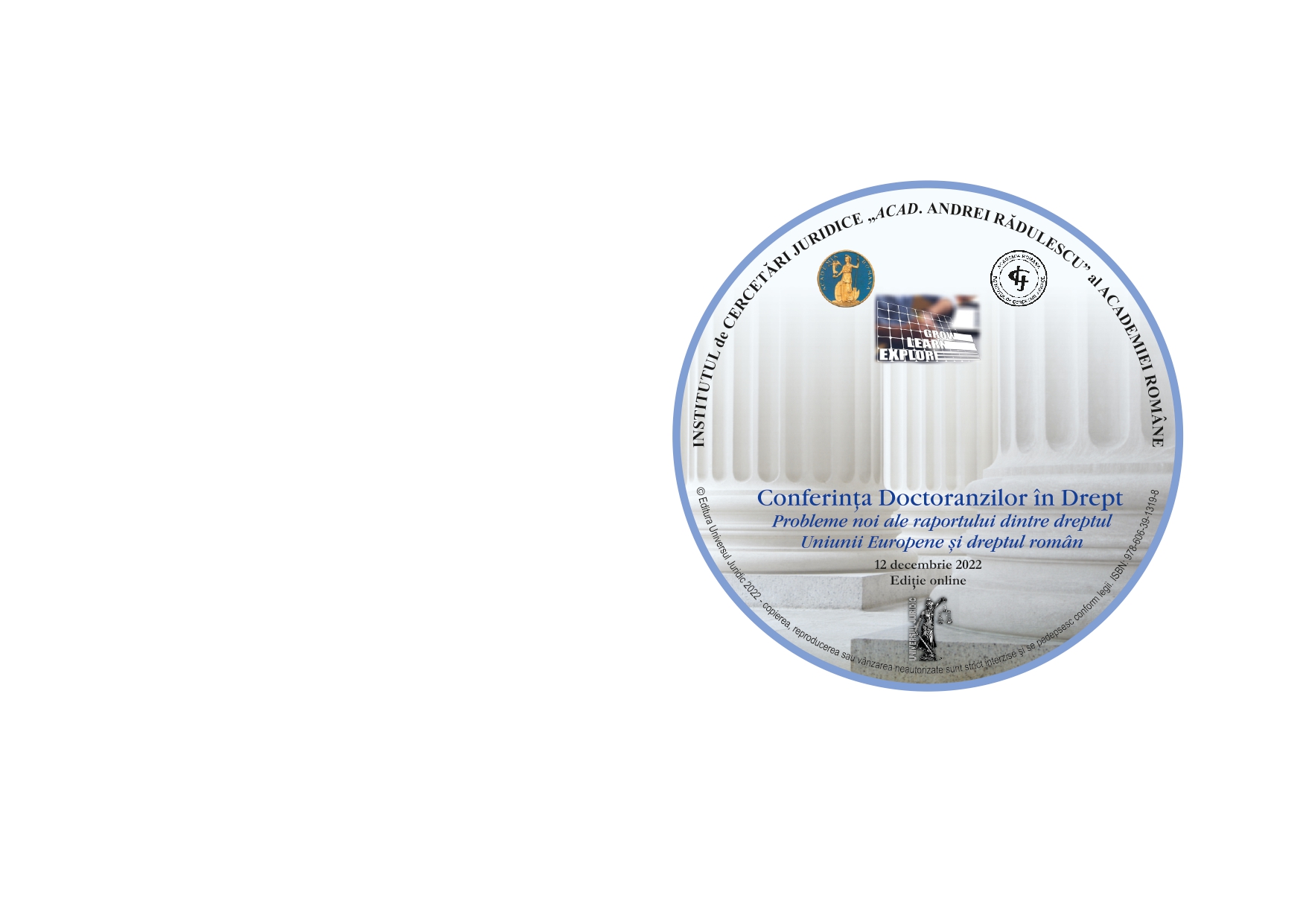Author(s): Ivanka Spasić / Language(s): Serbian
Publication Year: 0
Leasing is an institute of modern economic law, both national and international; it is used in business practice of technologicaly developed countries, but in developing countries and countries in transition also.
Leasing has appeared in United States of America in the early fifties; in Europe it was appeard ten years later, in the early sixties in France and than in Belgiam, Italy, Swiitzerland, Great Britain, Germany. Asian countries started to use leasing some ten years later (the first Japan, Singapore, India, Korea). Ex-socialist countries, nowadays countries in transition, also used leasing in their business practice (some of them like Hungary and Chekoslovakia used leasing for their financsing even in the “socialist era”). Developing countries are also familiar with some forms of leasing.
Leasing practice usel several diferent forms of leases; some of them are more innovative, important and useful the other are common and ordinary. They are all necesary. The most important of all is finacial leasing,, it is a special method of financing the acquisition of goods (generally equipment). Besides financial there are other, more “clasical” forms of leases (operating leasing, renting, and forms of true lease in general). In modern business practice are used same other types and forms of leasing like “sale and leaseback”, “off shore leasing”, “leveraged leasing”. Some of them are used primerily in American business practice.
There is a diference between leasing, as a method of financing, (or in case of true lease, just a lease of an asset for the payment of rentals), and a leasing contract, the legal instrument which is necesary for the lease transaction to be performed.
In this study the Author is analysing specialities of american leasing practice, the concept, origin and developement of this institute, varieties of business types, the legal nature of the leasing contracts, and the laws which govern the realisation of these operations in American legal practice.
Besides the usual and more frequent leasing operations like financial, operating, equipment leasing, renting and variety of true lease types, American business practice is using some special and very complicated types of transactions like leveraged leasing for example.
American judicial sistem has a very specal treatmant of leasing transactions; every lease can be treated as a true lease or lease intended as security. Financial lease, which is more important then others, can be both true lease or security. Lease in form of security is treated as conditional sale (pactum reservati dominii). If the intention of the contracting parties (found by the Court, in actual case) was to provide the equipment by way of using lease contract, it is legaly treated as “hiden up sale” and is considered as a taxe violation.
One of the more interesting questions concerning leasing is the question of the legal reforme of Uniform Commercial Code (UCC). The new edition of UCC contains a special part concerning the leases (art. 2A).
Artical 2A firstly has given all more important definitions concerning leases; first of all definition of leasing agreement and leasing contract,then of the suppliy contract, financial lease, true lease, consumer lease, goods,contracting parties (lessor and lessee), supplier, termination of the contract, etc.
Besides definitions art.2A contains rules that govern the formation and construction of lease contracts (the rules about offers, acceptance and closing up the contracts, the warranties, risk, insurances, priority of the liens, ect.).
Delivery of the goods, the consequences of non-delivery, acceptance of goods and payment of rentals are also regulated.
The UCC s art. 2A contain also rules about performance of the lease contract (substitute performance, excused performance, procedure, irrevocability of the promises in case of financaial lease).
Article 2A of the UCC also contains rules about default (procedure, liquidation of damage, default by lessee and lessor and the other partie”s remedies, which is one of the most importante parts of the Rule).
The Author is analysing all these new solutions and gives her opinion about their usefulness.
More...
